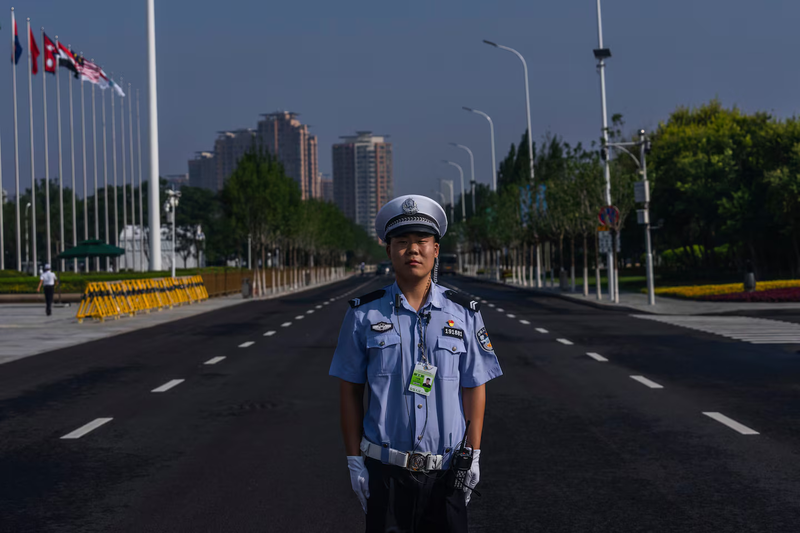
China’s Exit Bans on Americans: A Growing Threat That Demands Vigilance
The recent release of Mao Chenyue, a Wells Fargo employee from Atlanta who had been barred from leaving China for months, has drawn attention to an unsettling and dangerous practice: Beijing’s use of exit bans to hold Americans against their will. While Mao has now returned to the United States following high-level negotiations, her ordeal underscores a broader issue: China’s growing willingness to use exit bans as a tool of coercion, intimidation, and geopolitical leverage.
This is not an isolated incident. Experts estimate that dozens of Americans, many of them of Chinese descent, are currently unable to leave China because of opaque government restrictions. The implications go beyond individual hardship—they pose a direct challenge to America’s security, values, and the safety of its citizens abroad.
Mao, a naturalized U.S. citizen born in China, traveled to her country of birth earlier this year. Instead of returning home freely, she was placed under an exit ban tied to an undisclosed criminal case. For weeks, she was unable to leave the country. Only after intensive diplomatic engagement was she released and permitted to return to the United States.
While Beijing insists that “anyone in China must abide by Chinese laws,” the lack of transparency is striking. Mao was never formally charged, and her role was reportedly limited to serving as a witness in a case. Yet her basic right to return home was suspended.
This is precisely what makes China’s exit bans so troubling: they are imposed without a clear process, with little recourse for those targeted, and often without any credible justification.
Mao’s release comes amid a series of similar incidents:
The arbitrariness of these restrictions makes them particularly dangerous. They blur the line between law enforcement and political coercion, turning ordinary travel into a potential diplomatic flashpoint.
The use of exit bans should not be dismissed as a bureaucratic inconvenience. It is a national security concern for the United States, for several reasons:
China frames these exit bans as part of its legal system, but the broader context suggests otherwise.
In Mao’s case, her release came just as Washington and Beijing intensified talks over tariffs, defense issues, and high-level diplomacy. That timing is unlikely to be a coincidence.
Behind the politics are human lives. For Americans trapped under exit bans:
The message is clear: exit bans are not neutral legal tools. They are forms of coercion that exploit human vulnerability to achieve political ends.
The practice of exit bans offers important lessons for Americans:
The release of Mao Chenyue should not be mistaken as a sign of goodwill from Beijing. Instead, it should be understood as part of a larger strategy: using Americans as bargaining chips in geopolitical games.
For the United States, this is a wake-up call. Exit bans are not simply legal disputes—they are coercive tools that threaten American freedom, security, and dignity. Every U.S. citizen who travels to China must be aware of the risks, and every policymaker must understand the broader implications of allowing these practices to continue unchecked.
China’s message is simple: it can—and will—use individuals to gain leverage. America’s response must be equally clear: it will defend its people wherever they are, and it will not allow authoritarian tactics to undermine the safety of U.S. citizens.